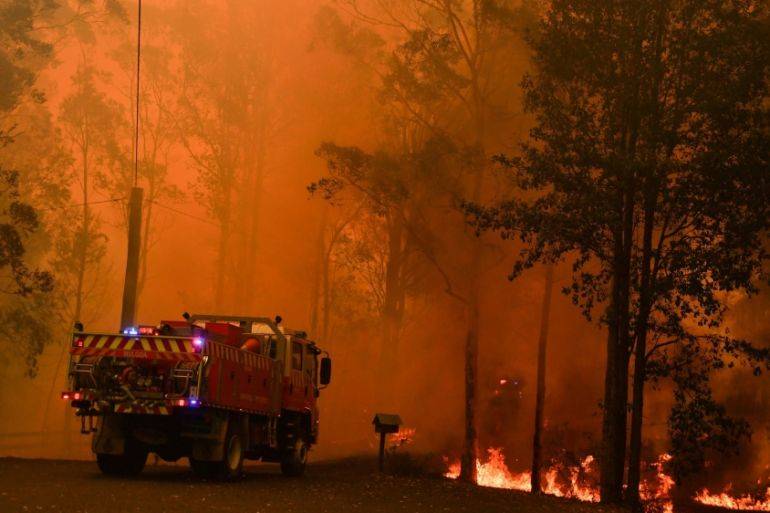Bushfires, generally known as wildfires, are a natural occurrence that causes several disastrous impacts on the environment. Though they result from the cyclical developments occurring in most ecosystems, the increased tendency and intensity of bushfires are most times triggered by climate change; this stirs critical thoughts on their sustainable consequences to the environment.
Some of the immediate negative impacts of bushfires are habitat destruction. Most of the forests, grasslands, and wetlands, which house numerous plant and animal species, get burnt during a fire. This may be because of the reduction in biodiversity, where most of the species end up dying in the fire or migrating to other areas, which mostly becomes unæˆåŠŸful. For some other species, bushfires may mean local or total extinction, particularly for those already threatened.
The other impact of bushfires involves soil health: high temperatures of the fire burn flora and leave the soil bare, at the mercy of erosion. Soil without plant cover is easily washed away by rainwater because topsoil contains most of the nutrients necessary for nourishing plants. Immediately after a fire, land might become infertile, and this permanent damage might affect agriculture and ecosystems concerned. Besides, the ash of the fire will eventually alter the chemical balance of the soil and render it more acidic, hence less capable of sustaining plant life.
Bushfires seriously affect air quality during and after the disaster. The smoke from the burning vegetations releases tremendous amounts of carbon dioxide, particulate matter, and other pollutants into the atmosphere. This, in turn, contributes to global warming, hastens climate change, and seriously threatens the health of both humans and animals alike. The smoke and emissions from a bushfire can hang around for days, making sullen air quality across massive areas that could be hundreds of miles away from the fire's eye of the storm.
Finally, bushfires can be detrimental in the destruction of available water. The tremendous heat reduces the levels of water in nearby rivers and reservoirs, and loss of vegetation means increased runoff can contaminate water supplies with ash and debris.
While bushfires are a natural occurrence in many of our ecosystems, their increased intensities pose serious threats to the environment. This needs protection of the landscape and improvement in fire management practices as a prerequisite to reducing adverse impacts.




No comments yet
Be the first to share your thoughts!